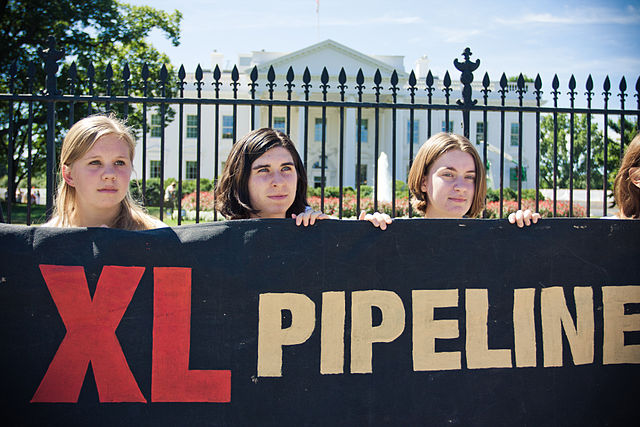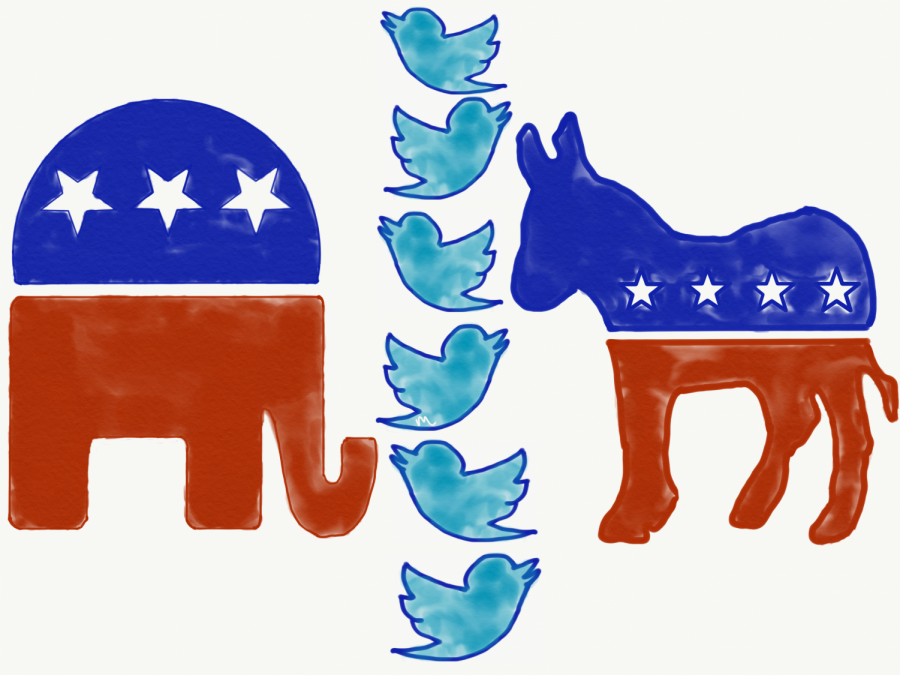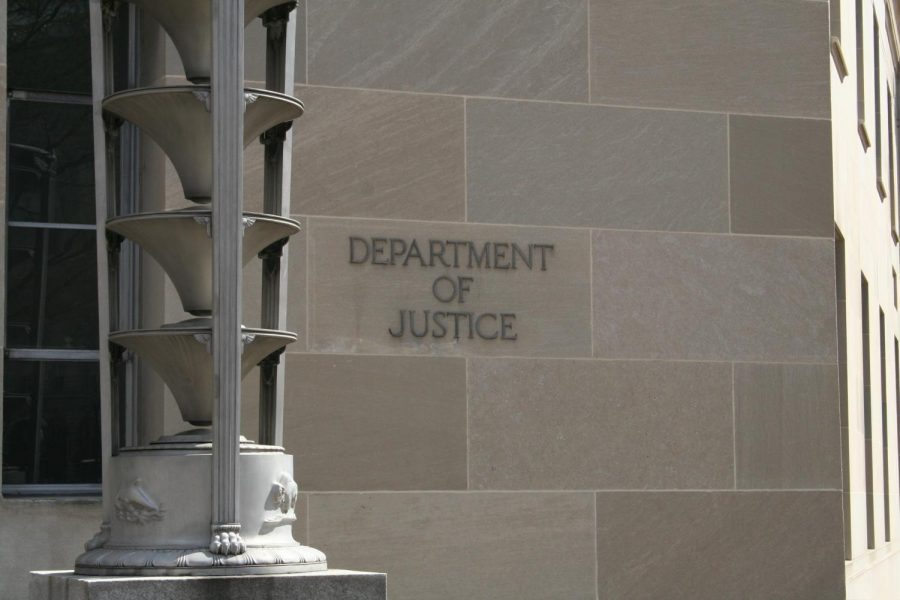By Sean Connolly, Editorial Section Editor
On Friday, Nov. 6, President Barack Obama announced his opposition to the Keystone XL pipeline. He claimed the pipeline would not have a significant impact on the US economy. In the spirit of new efforts by his administration to fight climate change, including new regulations by the Environmental Protection Agency limiting greenhouse gas emissions from power plants, Obama cited environmental concerns as an additonal reason for opposing the project.
“America is now a global leader when it comes to taking serious action to fight climate change and ,frankly, approving this project would have undercut that leadership,” he said.
The Keystone XL pipeline has been a source of controversy throughout Obama’s administration, and it has been a significant issue for 2016 presidential nominees.
The major Democratic candidates have all spoken in opposition of the Keystone pipeline and have praised Obama’s decision. On the other side of the spectrum, Republican candidates have been censorious of Obama’s rejection of the pipeline. Many have stated that, if elected, they will approve the pipeline. These Republican candidates tend to cite environmental independence and job creation as reasons they support the project, while Democrats cite the need to curtail climate change as the reason for their opposition.
The Keystone XL debate is an interesting microcosm of the long-standing US debate over climate change.
Perhaps the most divisive issue in the debate is whether climate change is caused by human actions. The reality of rising global temperatures is known to many. Studies conclusively show that the average global temperature is getting higher, but there is still a debate over the cause of this increase in temperature.
Most Democrats believe that global warming is a direct result of human actions, specifically the use of fossil fuels and the greenhouse gases they emit. Many well-regarded scientific institutions, including NASA and the U.S. National Academy of Sciences, have attributed human action as the cause of climate change for years. The scientific community at large seems to have reached an agreement on the issue, yet Republicans still refuse to believe that human actions are the cause of global warming.
The question that needs to be answered is why so many politicians scoff in the face of established science. The answer, as it so often is in our society, seems to be money. Corporate interests in the fossil fuel industry lobby for lessening of restrictions in the industry and they donate money to groups that deny the reality of climate change. A Drexel University study has found that in recent years, the majority of funding for groups denying climate change has been coming from untraceable sources. Along with this increase in unknown funding, the public funding of these groups by corporations deeply involved in the fossil fuel industry, such as ExxonMobil and Koch Industries, has decreased.
Money in politics is criticized in multiple arenas, but climate change might be the most egregious example of business interests running counter to the interests of society at large. When corporations perpetuate ignorant beliefs in the reality of climate change, they condemn the world at large to a worse future. As people die in forest fires and heat waves, as rising sea levels make parts of the world uninhabitable, as the planet as a whole becomes a harsher place to live, we will know where we can lay at least part of the blame – at the feet of selfish corporate interests.
Photo Courtesy Wikipedia, Creative Commons















